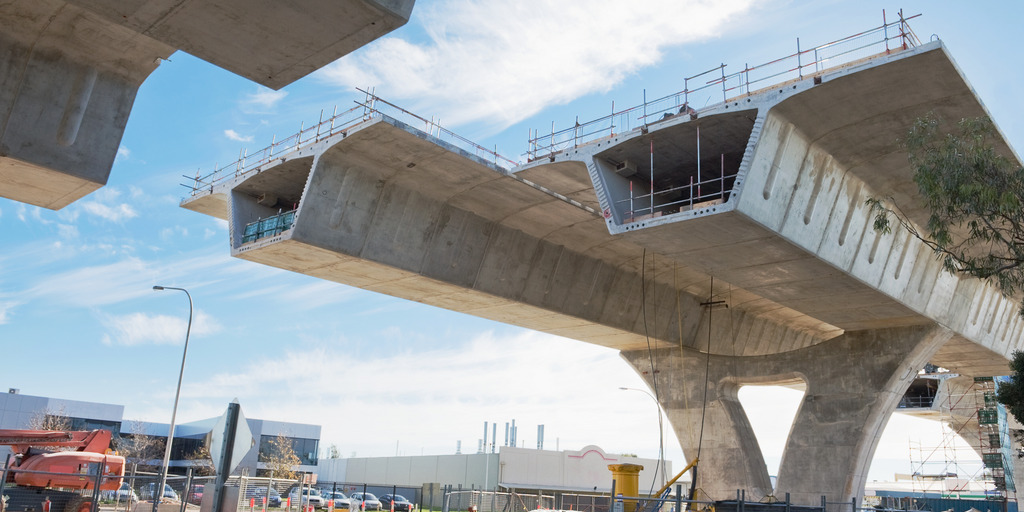In the Balkans, the EU has been trying already for two decades to promote economic cooperation between the Balkan countries in addition to association and the prospect of EU accession. Cross-border trade, such as the Central European Free Trade Agreement (CEFTA), and joint infrastructure projects have aimed to resolve the many conflicts over territories and borders that emerged during the Balkan wars and are still smoldering today, and to achieve a peaceful balance of interests.

Lev - stock.adobe.com
Regional Cooperation
Association agreements and, in particular, promoting regional cooperation in places where accession to the EU is out of the question or a long way off should contribute to stabilization and pacification, and thereby to the development of a prospering and peaceful neighbourhood.
This strategy’s failure to date has forced the EU to rethink its policy: Stronger networking and the formation of interdependencies between hostile states or ethnic groups in the only partially completed state-formation processes in the Balkans are still considered a necessary condition. However, they have proved just as inadequate as the prospect of accession. For this reason, the EU is now placing a new emphasis on political reconciliation and the settlement of local conflicts.
Limits and possibilities of regional cooperation
Together with the Vienna Institute for International Economic Studies (wiiw), we are investigating how cooperation can be used for internal and external stabilization within volatile, war-stricken regions around the EU.
On the basis of developments in the Western Balkans, we will show whether – and, if so, how and where – regional cooperation has led to the rapprochement of hostile neighbours and thereby had a positive influence on their chances of EU accession. In doing so, we will examine different accession models for the Balkan states and explore what other options could emerge for the EU beyond enlargement in order to develop a “ring of friends.”



